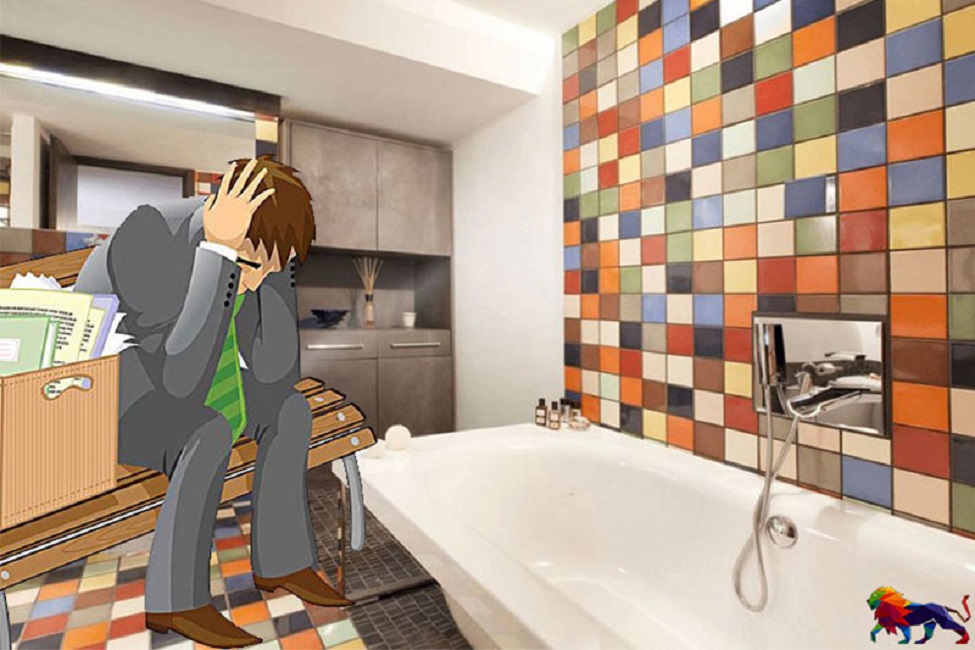Sri Lanka’s transformation into a production orientated market economy with import restrictions will be leading the country towards the emergence of a separate domestic capitalist class.
The present regime's policy of restricting imports and assisting separate entrepreneur groups and businessmen to take over monopolies in commerce, trade and in processing agricultural products, and state implemented reforms, have established the conditions for capitalist accumulation.
The Sri Lankan economy, battered by the impact of the Covid-19 triggered curfew and global recessionary patterns is in urgent need of liquidity and access to credit.
Downward pressures on the currency worsened the Sri Lankan rupee’s position in the foreign exchange market which in turn led to a foreign exchange shortage during the Covid-19 lockdown.
To protect the currency, the government has announced import restrictions on consumption. Although it is acceptable as a foreign exchange savings policy, it is questionable as to whether these restrictions will apply to all commodities.
This has led to the need to reconsider the adoption of a 100% protectionist policy on selected items.
It is important to note that 100% protectionist measures in the hope of saving foreign exchange are irrational in the current global and regional economic conditions.
This is because of the market monopoly creation instead of market competition in misguided protectionist policy.
On the other hand, innocent consumers will have to bear the brunt of the price increase inflicted by the monopoly in a situation where there is no competition.
"Moreover, Significant increases in the cost of production would make Sri Lankan products noncompetitive internationally and domestically and expensive for local consumers.
Also, any stakeholder in the trading industry other than the local monopolists or oligopolists being created by 100% protectionism will be deprived of free market opportunities.
This has especially impacted lower-income groups, who rely on competition and cheap substitutes for essential products in order to sustain themselves.
Additionally, the currency situation is likely to continue worsening due to emphasis placed on consumer good suspension, instead of intermediate goods - which have more demand.
This means that staying in the trading industry no longer makes sense. Accordingly, in the creation of a trade monopoly or oligarchy, it is inevitable that not only the other sectors associated with it but also the direct and indirect employees as well as dependants will lose their income.
In the backdrop of a global epidemic and economic recession, the current situation in Sri Lanka is really critical for the majority of entrepreneurs and businessmen although it is beneficial for a few individuals.
This is a revelation of the plight of an industrial sector affected by state misjudgement. The present government has completely banned the import of ceramics, floor tiles and wall tiles.
Prior to that, the relevant market was confined to ceramic items produced locally by using imported local and imported raw material and finished goods imported from overseas.
In this instance it is justifiable to impose 50% or 60% tax on such ceramic items if the government's intention was to save foreign exchange in the country.
This will result in the protection of local industrialists and also increase state tax revenue.
But the enforcing of a 100% import ban on tiles, including ceramic items, has created a trade oligopoly of two or three companies, with the exception of all other importers and distributors, who are being daily wiped out of the construction industry.
However, foreign construction companies (Chinese) arriving in the island under the approval of BOI agreements get the opportunity to import the required ceramics from foreign markets with tax concessions.
These foreign companies are also not keen in buying from the domestic market in the face of price increases by one or two oligarchies.
They directly go for foreign markets. Now the problem is with other importers who are locally active.
What has happened since then if you look at the tile market, including ceramics?
Prior to adopting the protectionist policy on ceramics/tiles, the majority of importers of these products were importing the goods from foreign suppliers on loan and then on interest free payment or letters of credit.
But due to the 100% protectionist policy, they are not able to import now. Some are leaving the business.
Even after 9 months, the shortage of ceramics in the market indicates that there is no point in increasing the production of local manufacturers and lowering the prices.
Instead, prices have been raised based on shortages. Under these circumstances, it may be necessary to further increase the prices of these goods in the future.
Warehouses and showrooms are closing down on a daily basis as the import of ceramics/tiles has been stopped completely.
All the job opportunities associated with it are being lost. As a result, not only around 100,000 people will be left homeless, but also they will still be starving as a result. Unfortunately, the government has not taken any positive action for their benefit.
In addition, the government used to earn around LKR 1 billion a month in import duty on ceramic/tile imports, but now it has lost that tax revenue due to the import ban.
The government has lost over LKR 9 billion in tax revenue in the past 9 months. However, 2-3 local companies are making extra profits by jacking up prices of ceramics. In the end, it is the construction industry that is paying the price.
Market sources also say that this situation has increased the cost of building construction by about 30%.

Leave your comments
Login to post a comment
Post comment as a guest